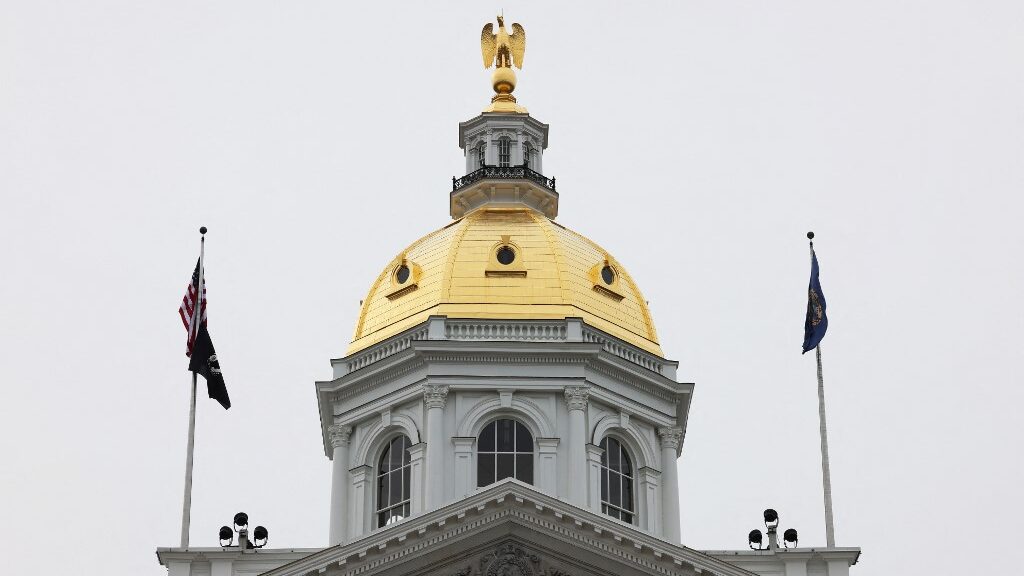
Gaming industry pundits speculated that New Hampshire would be one of the states most likely to bring an online casino gambling bill to the table in 2024. On the other hand, recent reports reveal that the Granite State legislature is not ready to consider such a measure. Let’s go through the main points behind this delay and how it changes the sports betting landscape in New Hampshire.
Parliamentary Procedure
New Hampshire Senator Tim Lang was expected to file iGaming legislation but that idea was quashed when he was informed that the House would employ a procedural rule to derail his efforts.
“Due to the New Hampshire House using a procedural motion called ‘indefinite postponement,’ I am barred from bringing the topic back up in 2024,” Lang said. “While this is a setback, I will endeavor to bring the bill forward again in 2025.”
The genesis of the issue dates back to last year when State Senator Lang filed his online casino gaming legislation and narrowly got it passed through the Senate in a revote, which saw the bill pass by a single vote.
However, the Ways and Means Committee voted 20-0 to be inexpedient to legislate Lang’s bill, SB 104. This is another way of saying that the language in that bill would not be heard in the ’23 or ’24 sessions and postponed indefinitely. Lang would have to recraft his legislation and make it “substantially different” than his previous bill if it were to be heard this year.
The New Hampshire Charitable Gaming Operators Association was openly hostile to the bill but was reportedly willing to work on legislation with Lang that would be mutually agreeable. But because of the parliamentary procedure previously invoked, it had no chance of passing this year.
What’s the Problem?
When Senator Lang filed the bill last year it was Representative Fred Doucette who ultimately opposed SB104. When asked why he wanted the bill defeated he said:
“Although the intent of the legislation as it was explained to us in testimony by its prime sponsor, we can all agree there’s a need for those scholarships for the community college, this particular vehicle with the flaws in the legislation itself, the way by which the funds are raised, the testimony we heard that it will impact our charities that get service through a charitable gaming model at present, basically the bill needs a lot of work. We can revisit this in the future, but we shouldn’t jump into the deep end of the pool on big gaming at this point.”
Rick Newman, representing the New Hampshire Charitable Gaming Operators Association, estimated that his organization would raise upwards of $28 million this year for approximately 1,100 charitable organizations. He feared that this bill could cannibalize their business and greatly reduce the money earmarked for those charities that count on that influx of money.
“We are very concerned about online gaming, particularly how this bill presents it with no limits on wagers,” Newman said.
Yet, Rebecca London, senior government affairs manager for DraftKings, pointed to New Jersey’s gross gaming revenue that has boosted all gaming sectors since the inception of mobile sports betting and iGaming in the Garden State.
“Importantly, we’ve seen that legalized online gaming does not cannibalize other forms of legal gaming. …What we see is those who are most likely to participate in online gaming are not doing so at the expense of existing markets because it’s typically users who are doing so illegally and are a different demographic than those of current legal options,” said London.














